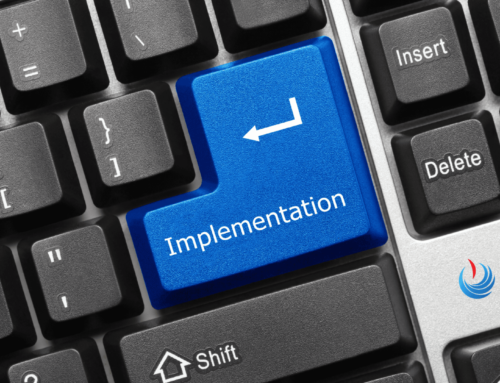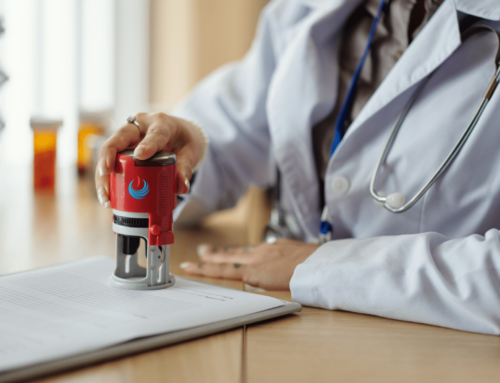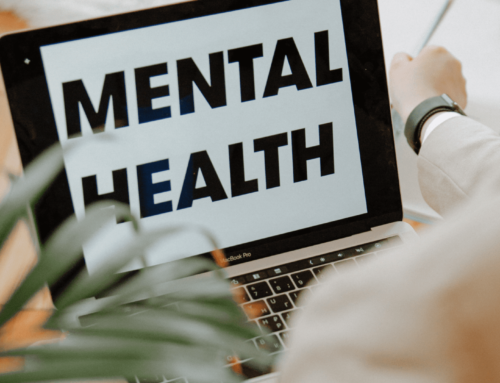Every year, as the holiday season approaches, we are reminded of the wonderful memories associated with these joyful times. However, believing that this is true for everyone is unrealistic. It’s easy to feel disconnected when everyone else is celebrating, but the truth is, you’re not alone. During Thanksgiving, our thoughts turn toward being grateful for others and appreciating them. Over the last few years, there has been an increase in studies on the influence of thankfulness on health and relationships. Expressing appreciation on a continuous basis has been demonstrated to improve essential aspects of one’s life such as emotional well-being, physical health, and relationships.
Anxious moments lurk just beyond the pumpkin-spiced surface of Thanksgiving.
The fact remains that they are a part of life, which is why we are here to assist. To make these stressful situations feel more manageable, here are a few tactics to consider:
Gracious ways to live.
- Pay attention to your feelings. Getting together with loved ones can be enjoyable, demanding, unpleasant, or any combination of these. Staying in touch with yourself over the long holiday weekend is fundamental. You should leave a conversation or a setting if it doesn’t feel comfortable. Spend a few minutes texting or calling a friend. Deepen your breathing. Take a walk. Change the subject. Take the necessary steps to make yourself comfortable. Your family members should understand.
- Keeping a gratitude journal can be effective. It has been proven that those who kept a daily gratitude notebook for two months, writing down three or four items for which they were grateful, had lower levels of inflammatory hormones and a lower heart rate during a stressful workout. This implies that a simple daily practice of expressing gratitude can have significant long-term health benefits. Consider all the great events that occurred this year and write them down; a positive mindset will allow you to feel so much better.
- The power of thank-you notes lies in their simplicity. Thank-you notes are more than just good manners. According to research published in the September 2018 edition of Psychological Science, it can have a strong psychological effect on both the sender and the receiver. Engage with the people in your life who matter to you. Love and positivity are contagious. No matter how rarely you speak with them, being remembered at this time of year is much appreciated.
- Understand others’ perspectives. While taking care of oneself is crucial, it’s equally important to have empathy for others and their potential comfort needs. There may be a member of the group who finds themselves uncomfortable in social circumstances that previously didn’t bother them. Reassure them that it’s okay if they seek personal space and respect their decisions.
Prioritizing thankfulness can help us live healthier lives by developing a deeper understanding and appreciation for what is most important to us. Furthermore, it enables us to sustain a sense of gratitude and satisfaction throughout the year, not only on Thanksgiving.
If you are worried about how the upcoming holidays may affect you, talk to a mental health professional. Therapy for anxiety or depression, for example, can assist in changing your perspective. It is important to have a voice and to communicate honestly with someone who is familiar with your background and culture.
Happy Thanksgiving from the MedEZ Family to You and Your Family!
Written by Marina Malobabic for www.MedEZ.com







Leave A Comment
You must be logged in to post a comment.